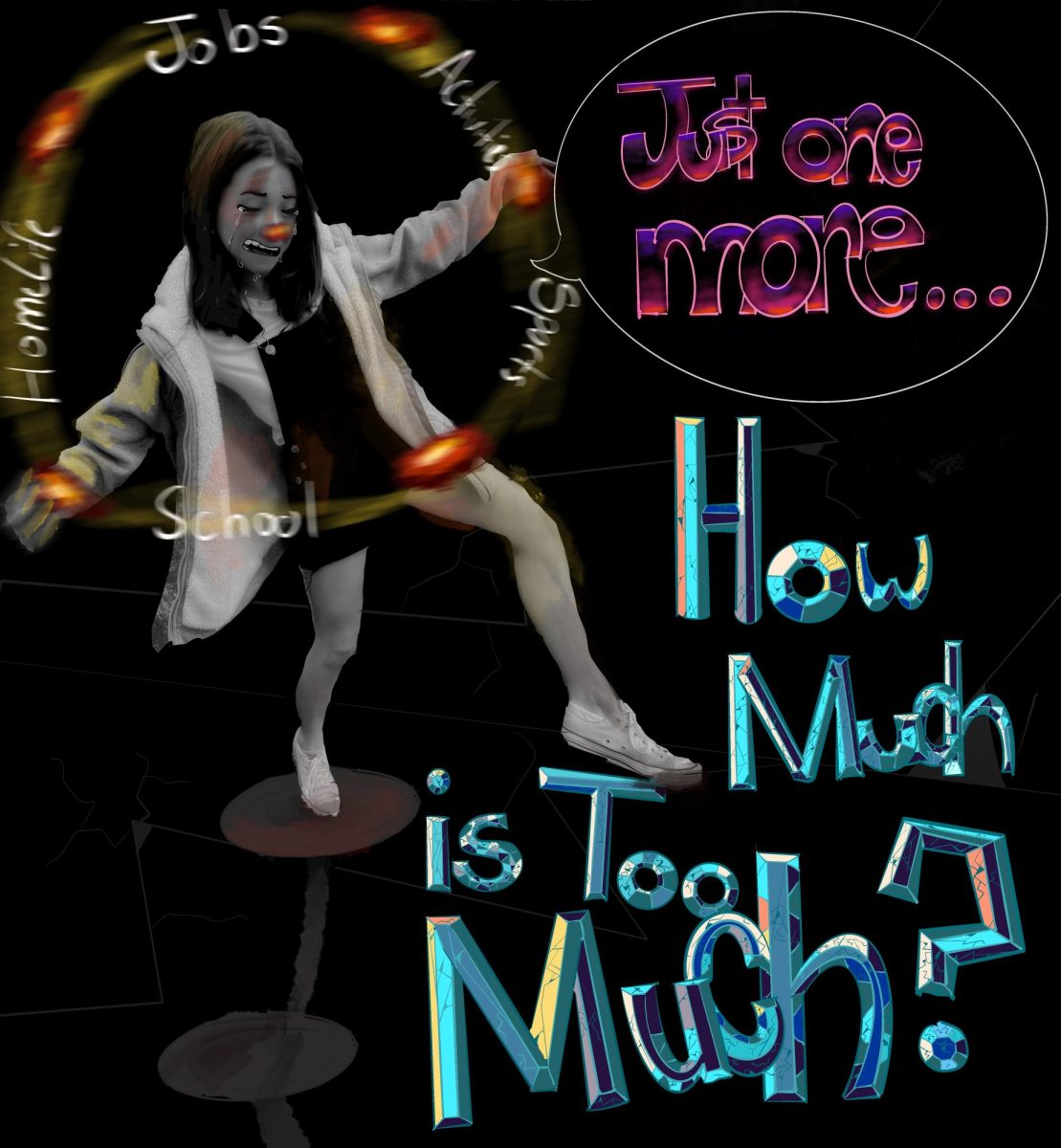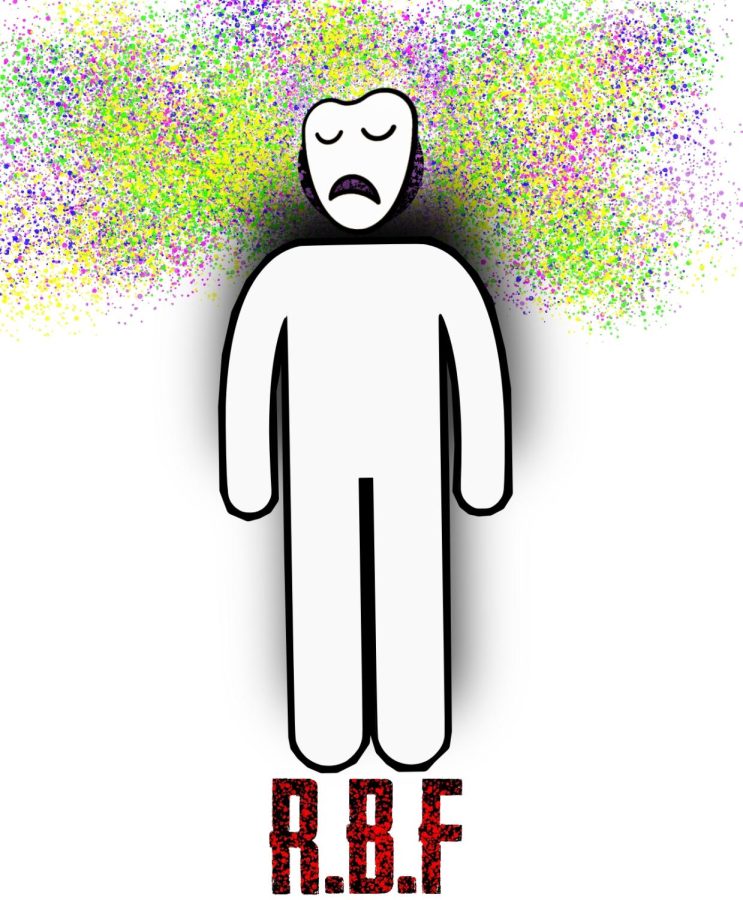R.B.F.: The Enemy of a Social Life
How appearances affect societal judgments… and how snap judgments can be avoided.
media by Danny Curran
This graphic is a depiction that people’s expressions and appearance do not show their true colors and who they really are.
November 25, 2022
As a society, looks are important. There is no other way to say it. We make split-second judgments about others entirely based on our first impressions of them.
This is a problem.
There is no way to tell who a person really is based on their appearance.
You may have heard the term “Resting B**** Face,” less commonly known as “resting bird face,” “R.B.F.” or simply just “b*tchy resting face.”
According to Science of People, “People with [Resting B*** Face] … tend to have features that are naturally angled down. For example, some people have eyes that are downcast, making them look more tired and depressed while others have downward angled mouths that make them look perpetually upset.”
In a poll conducted by @rcrockmedia, 72% of 120 students asked said they’ve been told they have R.B.F.
“I think it sometimes influences the way people interact with me because I think it causes a lot of people to think I’m a jerk,” Sophia Dorr ‘26 said.
Our reliance on facial stereotypes can influence our ability to make decisions such as whom we trust.
“People who more strongly believe that trustworthiness is reflected in facial features rely more on their counterpart’s perceived trustworthiness when deciding whom to trust. Thus, reliance on trait impressions may be driven by beliefs in the diagnostic value of facial appearance for judging an individual’s personality,” Science Direct said.
This means that a person can have an immediate bias toward you simply because of your facial features.
Have you ever considered that a person could have been having a terrible day, perhaps they forgot their homework, or got in a car crash on the way to school? This could influence their expression or body language, possibly resulting in that person seeming inherently mean.
Backstage presents an interesting idea of two different types of people; those who are internalizers and those who are externalizers.
“Externalizers are those people who show emotions on their faces, but have little change in their autonomic nervous system … Internalizers, on the other hand, tend to feel intensely …while their faces remain blank,” Backstage said.
No two people are the same, therefore no two people will express their emotions/feelings the same. This means that as a society when we perceive someone as mean or rude, that assumption is almost never correct
“I think [R.B.F.] affects people because I feel like people are less willing to talk to you if you have a scary face on all the time. I think it really intimidates people… I feel like [it would be pretty difficult] to make friends if people are scared of you all the time,” Ella West ‘25 said.
Differences are important. It is what defines us and what makes people who they are. Differences identify us as individuals rather than part of a whole, allowing us to be our unique selves.
“It’s important to recognize difference and work to decrease your stereotypical responses while staying open to learning and noticing differences between individuals,” according to Mindful.
Differences cannot be the reason that people are afraid of each other. The ability to have personal experiences, feelings, and interactions is a fundamental part of life. Without differences, our ability to be unique and have the opportunity for uniqueness would disappear.

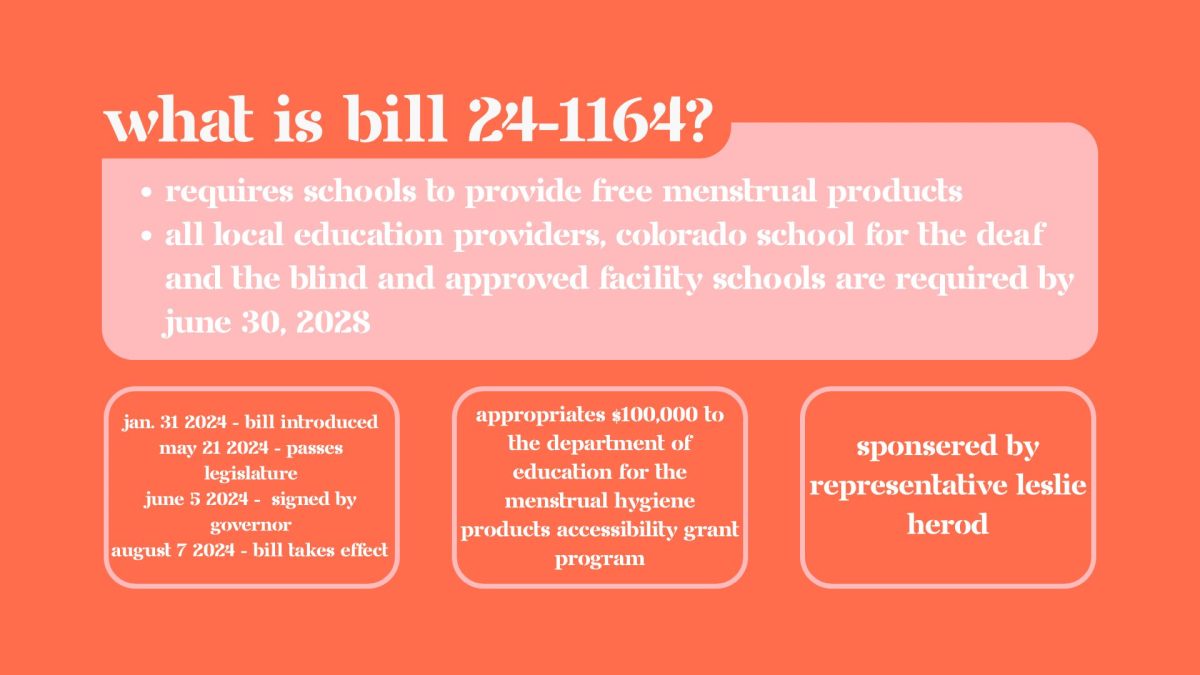

![Minutes before the Activities Fair in the gym, president Abhi Gowda ‘26 prepares the stall for his club Helping Hands, Sept. 4. A relatively new club, Helping Hands was co-started by Gowda and focuses on assisting the homeless, and just last year they succeeded in raising a couple hundred donations to send to shelters. This year, they have goals to expand, with hopes to increase volunteer opportunities and take in-person trips to shelters, as well as extend their help beyond just homeless people. “The Activities Fair gives a lot of underclassmen the opportunity to really get to know the Canyon culture, and it gives them many opportunities for service and volunteering,” Gowda said. “[Through the Activities Fair,] I hope to find a bunch of new and passionate members about our club and just get our name out there and spread awareness to the cause that we’re fighting for.”](https://rockmediaonline.org/wp-content/uploads/2025/09/1-2-1200x885.jpg)

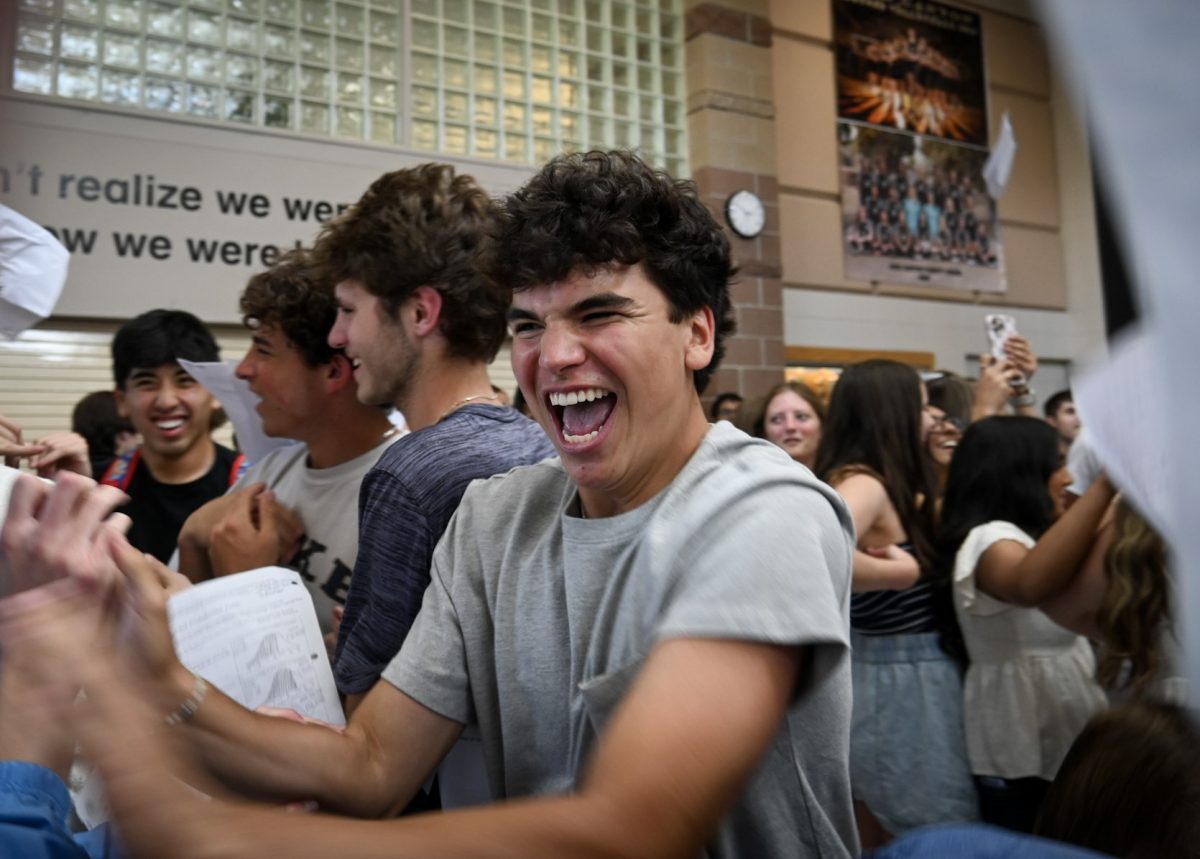

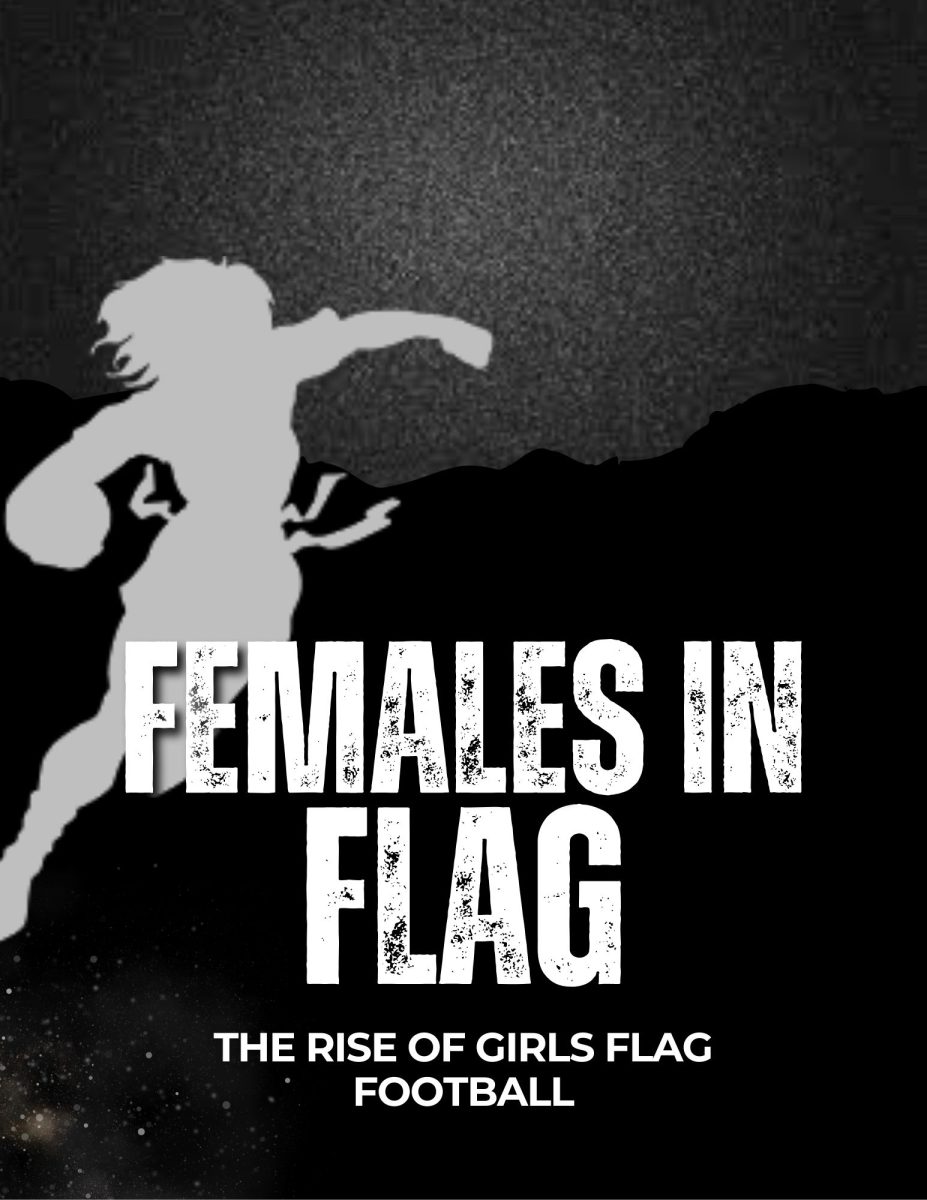
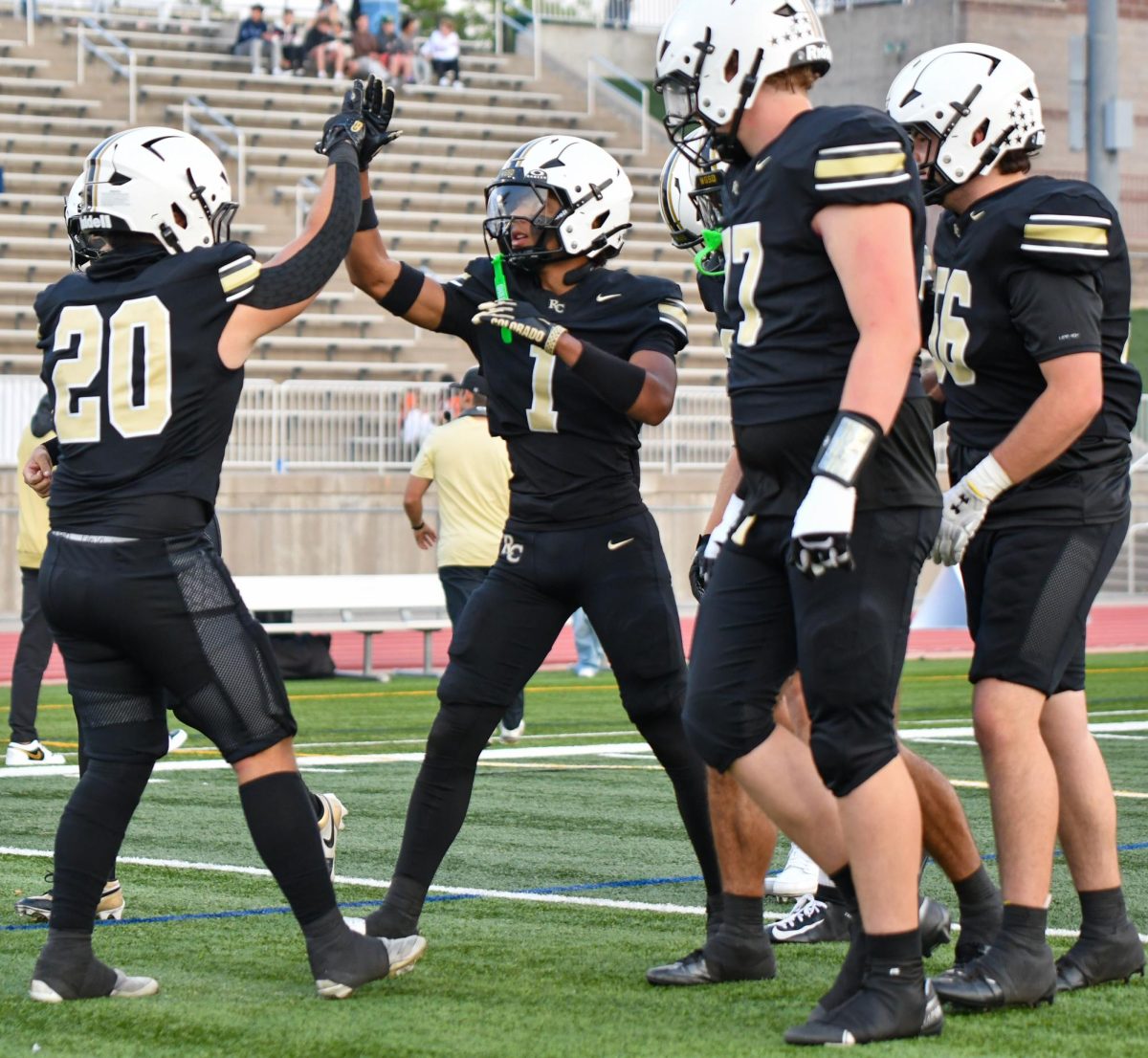
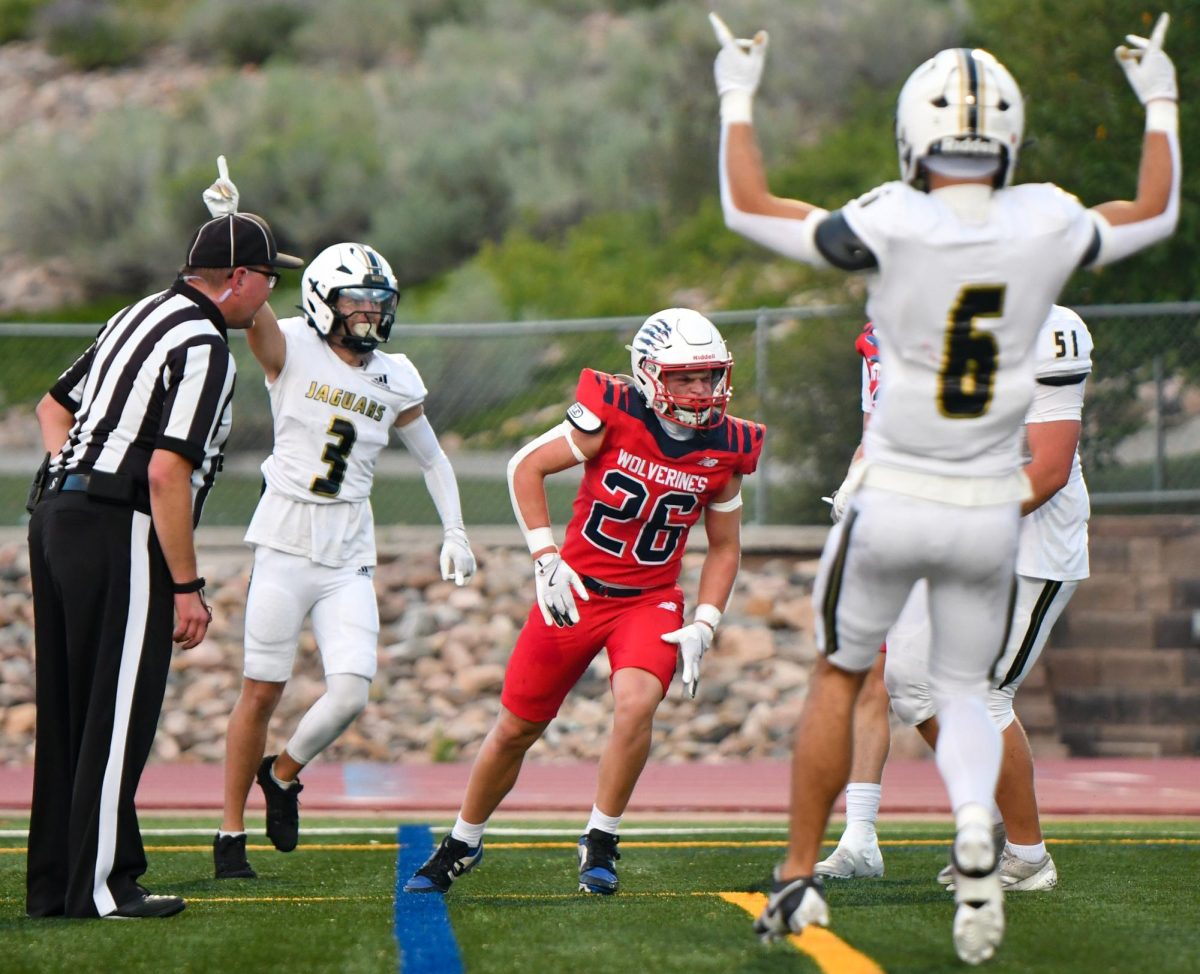

![The winter guard team makes fifth place at the state championship finals in the Denver Coliseum, March 30. The team performed to Barnes Country's “Glitter and Gold,” lead by coaches Margo Sanford, Blair Bickerton and Anna Orgren. In their class there were a total of nine groups participating, and the top five who made it to finals received a plaque. “[Walking onto the stage] is very nerve-wracking, but also very exciting as well. When you first start color guard there's a lot of anxiety and uncertainty when you first perform in front of an audience, but once you've done it for a while, it starts to become the best part of the season,” Ella West ‘25 said. “It's very fulfilling to see an audience react to something you've put your heart and soul into.”](https://rockmediaonline.org/wp-content/uploads/2025/04/Both-socal-media-nd-website-main-1-1200x846.jpg)
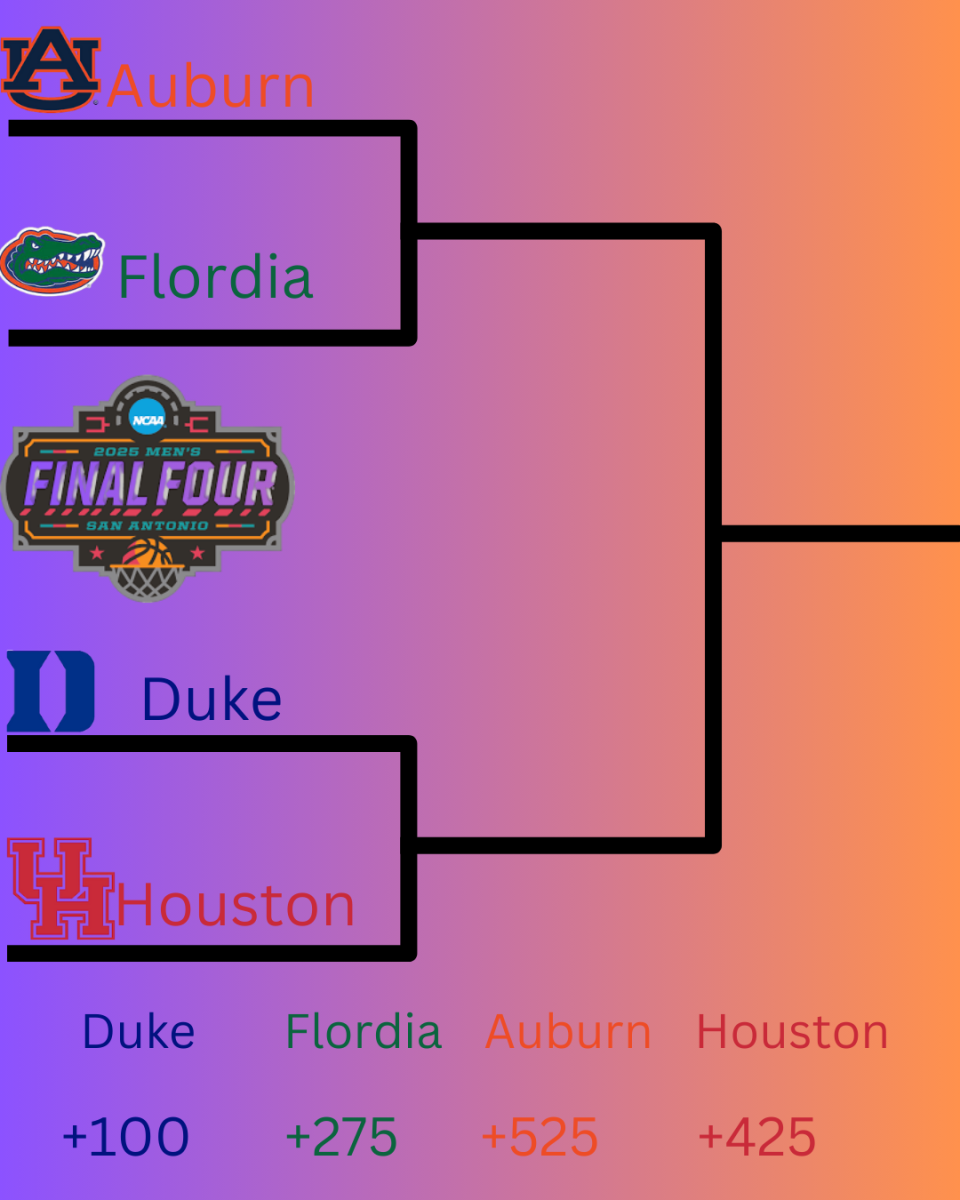
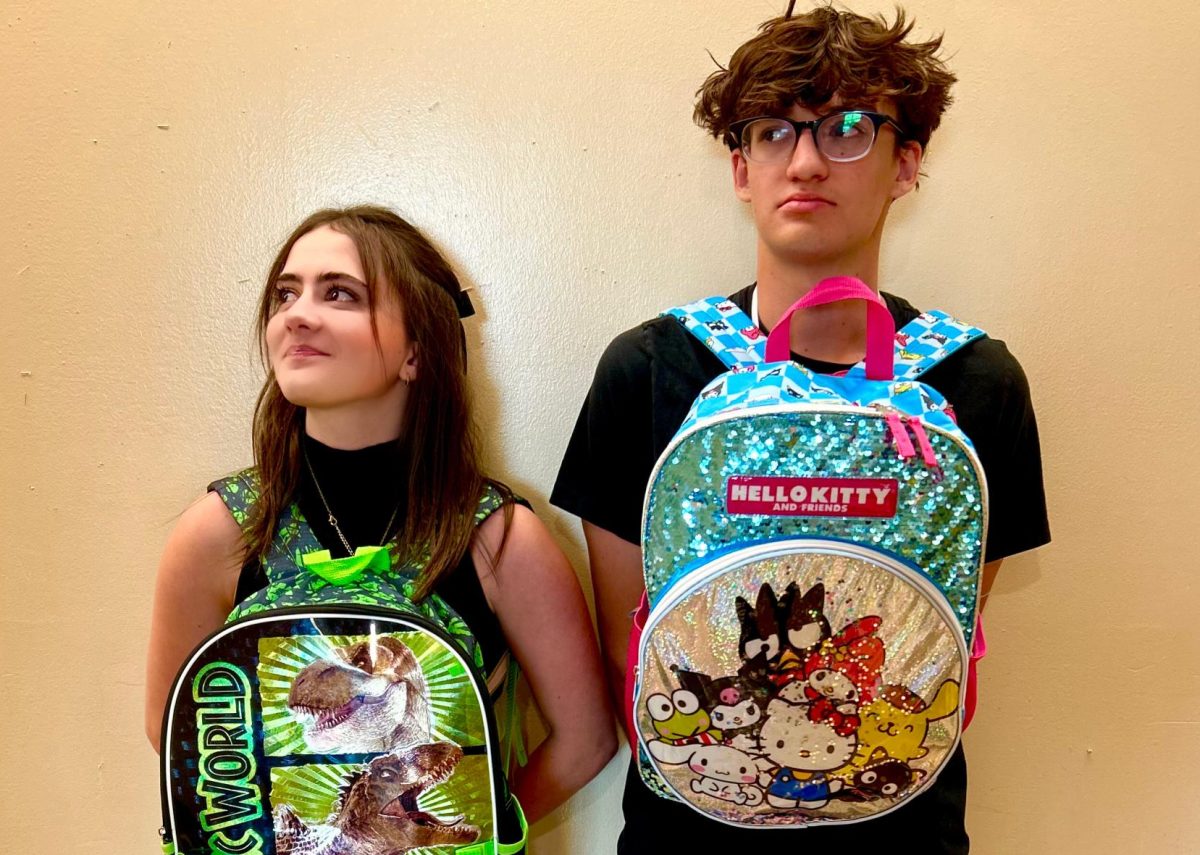
![April marks the 25th anniversary of Sexual Assault Awareness Month, created by the National Sexual Violence Resource Center (NSVRC). This month is to spread awareness of the harassment, assault and abuse that happens around the world. The symbol that represented the month was a teal ribbon; however, some survivors of assault create different symbols and movements like the TikTok trend in 2022, where survivors would tattoo Medusa on their body, in honor of her backstory in Greek Mythology. “I don't think [this month is known] at all. I rarely see anybody talk about it. I rarely see much of an emphasis on posting it online, or much discussion about it, and I feel like there needs to be way more discussion,” an anonymous source said. “I think just validating every experience that a person has gone through, regardless of the degree of it, the severity, is an essential step into making sure that people are aware that this is a very real problem in a society and that we need to do better in addressing it.”](https://rockmediaonline.org/wp-content/uploads/2025/04/IMG_0011-1200x900.jpg)

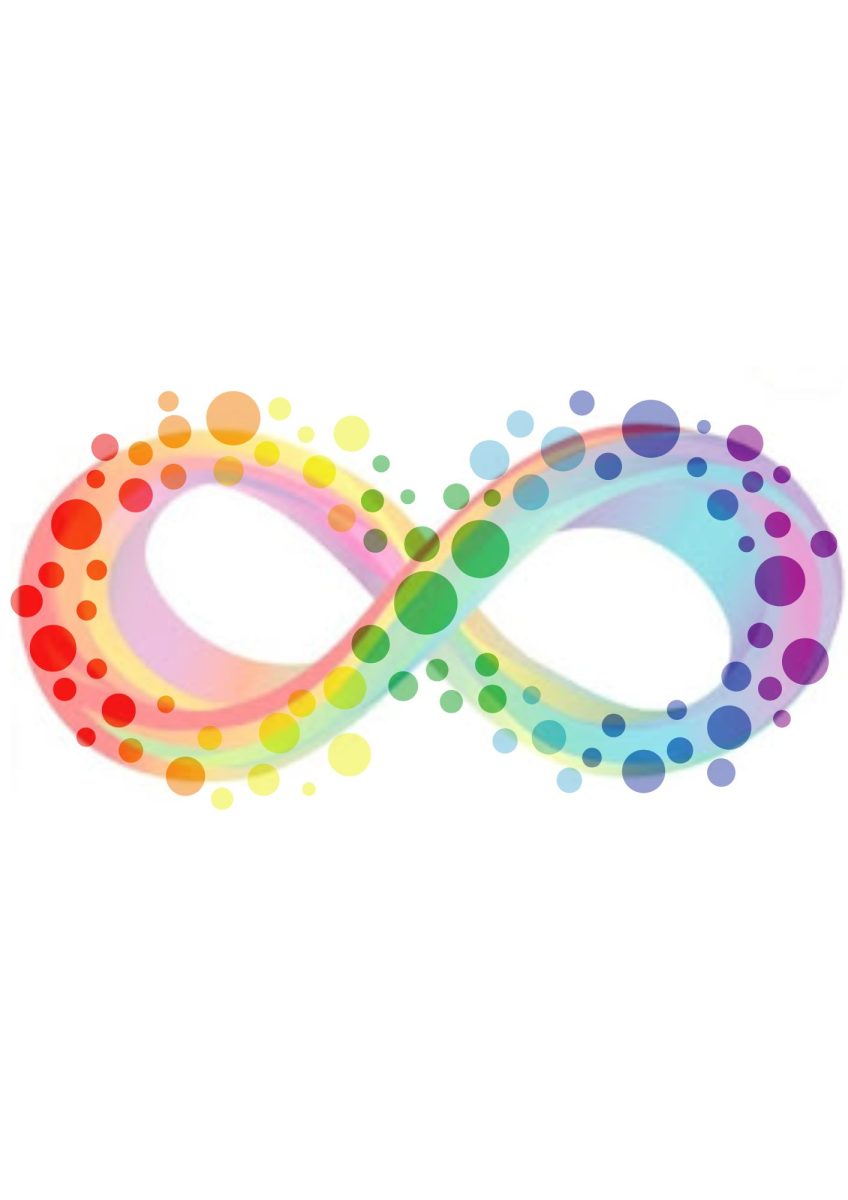

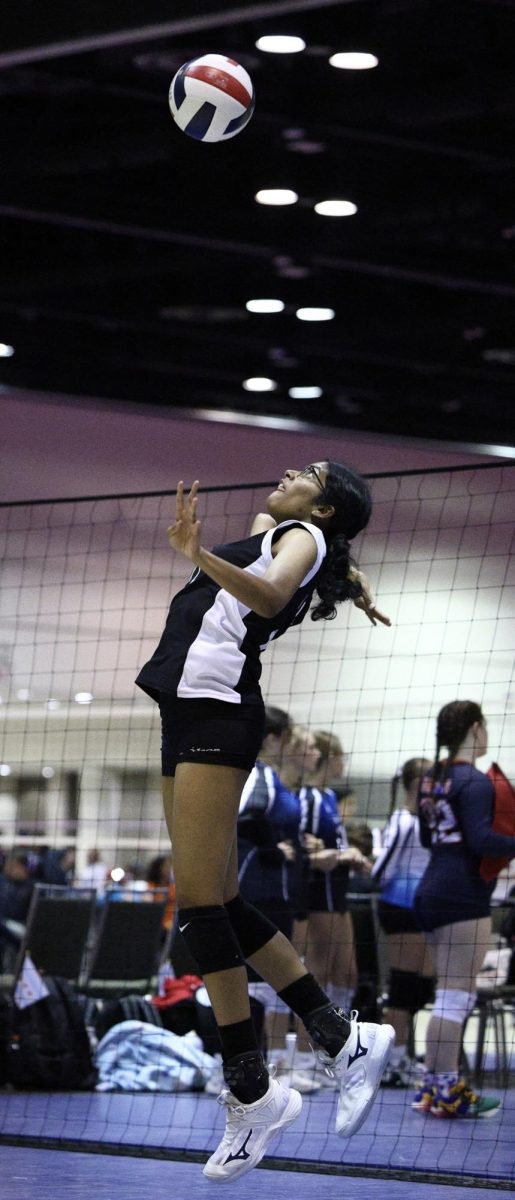







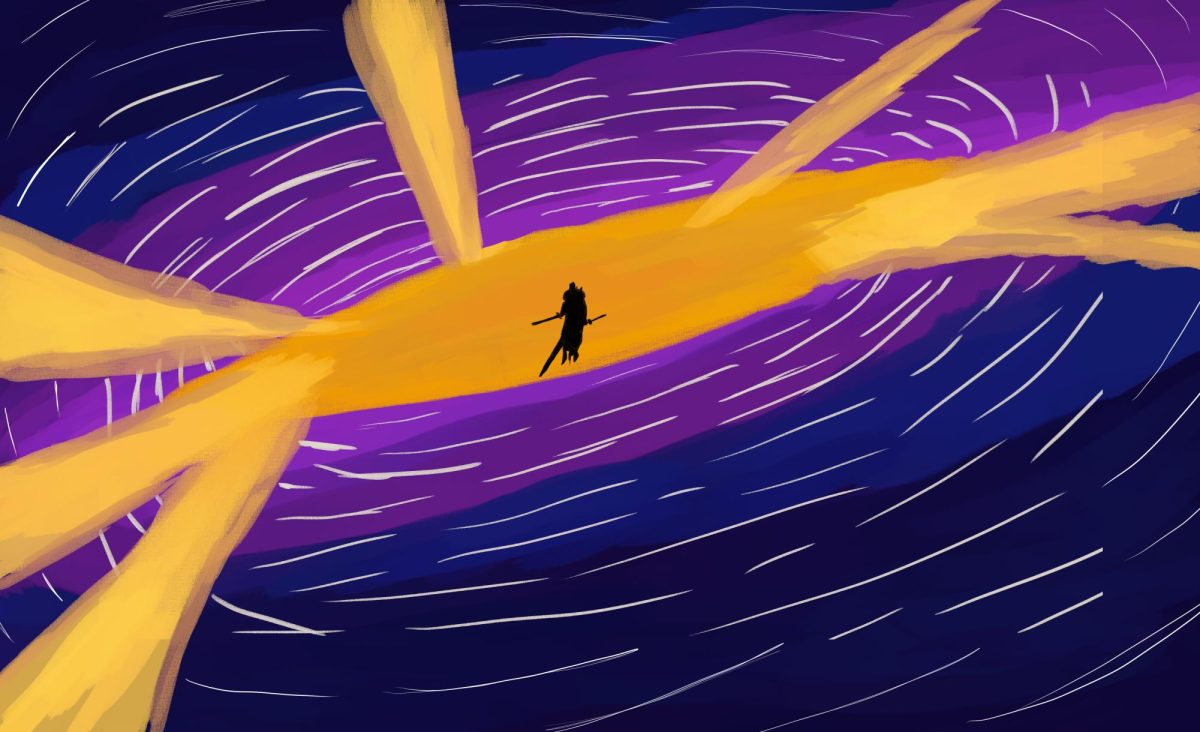

![Lesbian Visibility Day is April 26, and it’s a holiday to celebrate the lesbian community of the world. Lesbian Visibility day was established in 2008 by many queer activists and organizations who sought to raise more awareness for lesbian history and culture. “So this is why during Lesbian Visibility [Day] we celebrate and center all lesbians, both cis and trans, while also showing solidarity with all LGBTQ+ women and nonbinary people,” Linda Reily, in an article written by her, said.](https://rockmediaonline.org/wp-content/uploads/2025/04/Lesbian-Visibility-day.jpeg)
